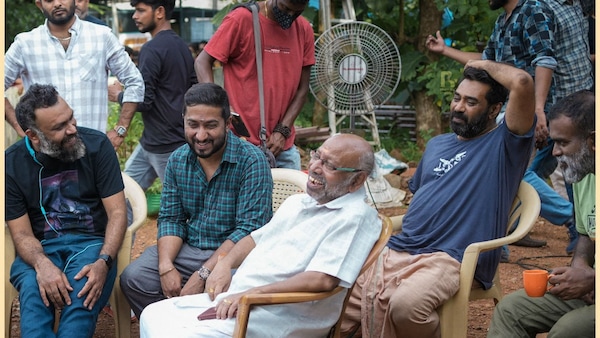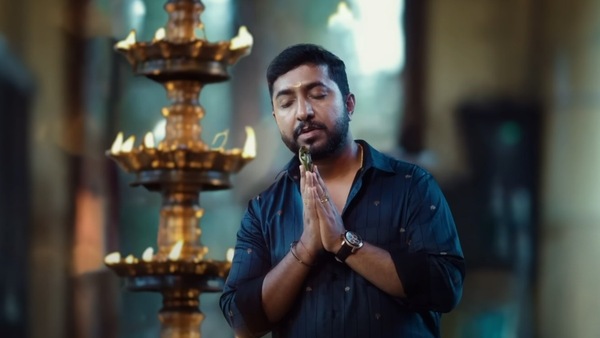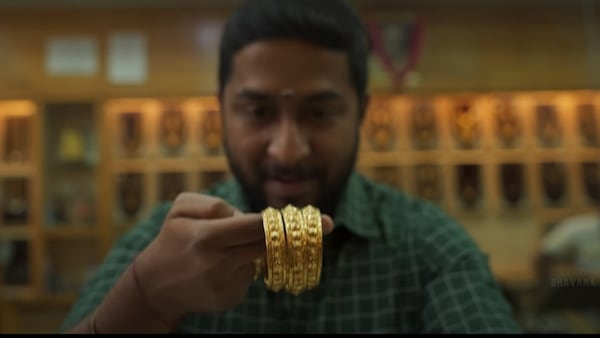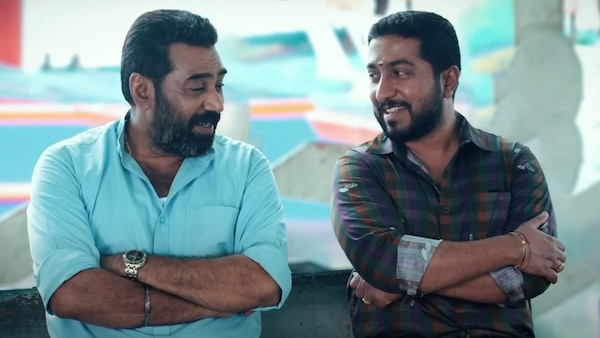Vineeth Sreenivasan: For Thankam, We didn’t have to prepare a lot as Syam, Arafath would keep briefing us | Exclusive
Vineeth Sreenivasan talks about working with the team of Thankam, the changes Biju Menon brought in and more
Last Updated: 12.54 PM, Jan 25, 2023
As soon as the trailer of Saheed Arafath’s Thankam was released, fans took to their social media pages to praise Vineeth Sreenivasan’s acting. This was also because the movie’s trailer dropped online, when the actor’s Mukundan Unni Associates, which had him essay a totally different role than the ones he has played so far, released on Disney+ Hotstar.
Vineeth, in an exclusive interview with OTTplay, tells us that working on both the movies were different – in terms of prep that went into his characters or how he has played them on screen. As Thankam, scripted by Kumbalangi Nights and Maheshinte Prathikaram writer Syam Pushkaran is set to hit theatres on January 26, the actor reveals more about the team’s ‘method’ of working and more.

As an actor, how much of a learning experience was it for you to work with Syam Pushkaran and team in Thankam?
More than an actor, what I was keenly observing was their working style. Dileesh (Pothan) ettan was on the sets for only a few days, but they all follow the same school of ‘method’. This is Thankam director Arafath’s second film but because they have all worked together, they follow the same pattern – be it shooting in order or spending time to repeatedly brief the actors so they have clarity on the emotions they have to portray. They wouldn’t hurry anything. All these are what I found interesting.
It's easy for actors to work with them because you don’t have any strain. You don’t need a lot of preparation because they feed you the details.

Is the script solely in Syam’s mind? Because you had earlier said that you didn’t get a bound script.
There is a bound script. Before the shoot, the director told me about the method they work in. ‘We will narrate the entire script to the actor beforehand and when the artiste comes to the sets, Syam and Arafath would keep briefing us on the scene’s content for them to portray on screen,’ they said, adding that’s how they work. They gave me the option of going with that or asked me if I wanted the bound script.
As I had usually worked with the entire script in hand, I wanted to know the challenges of working without it and so took up the former option. But I didn’t have any strain because of that. The team had the bound script, with dialogues. We didn’t have it with us, that’s all.
Syam had said they first approached you for the character and because you were busy, they took it to Fahadh Faasil. And the delay to shoot due to the pandemic, the role found its way back to you again. Did you ever ask them why they thought you were apt for the character?
I haven’t asked them that, but while doing the film, I felt they needed someone unassuming, a common man; someone who'd see your daily life. Not somebody who stands out.
Syam’s characters are all layered, even if it is a layman. In that sense, how different is your character in Thankam from the ones you have played earlier?
I don’t know. See, in this film, more than us performing, it was about them making us perform. When I was doing Mukundan Unni Associates, I had to do proper preparation, learning the dialogues by rote and controlling my body language. But when I was doing Thankam, I didn’t have to think about anything apart from what they asked us to do because they guided all of us so much. There was no strain whatsoever. Now, if you ask what I did… I only stuck to their instructions.

What is Thankam about?
There are a lot of workers involved in the gold sector including the goldsmiths, the artisans who make the jewellery and others. Their profit comes from the percentage difference of gold and copper. The movie revolves around a bunch of goldsmiths from Thrissur.

How was it working with Biju Menon in the movie?
I had worked with him in Kunjiramayanam but that was for just three days. In Thankam, we had a lot of combination scenes. We spent about 35 days on the sets together. As I said earlier, in this film, it never felt like working. When both of us were conversing, Syam or Arafath would brief us about the next scene and then after that, we would go ahead and do that.
One thing I observed in Biju ettan was that because he’s from Thrissur and the character is also based there, he would seamlessly mix that slang in his dialogues. In certain places, it came out really well. It was great to see him add that natural slang to the lines that Syam would tell him.

 Premium
Premium